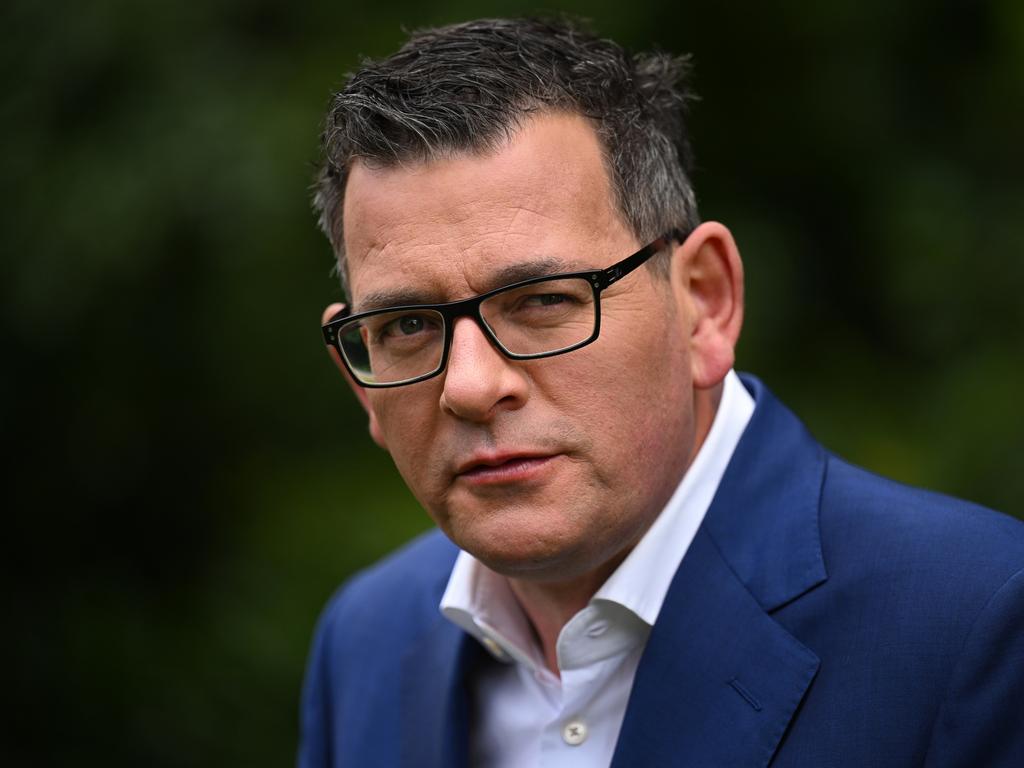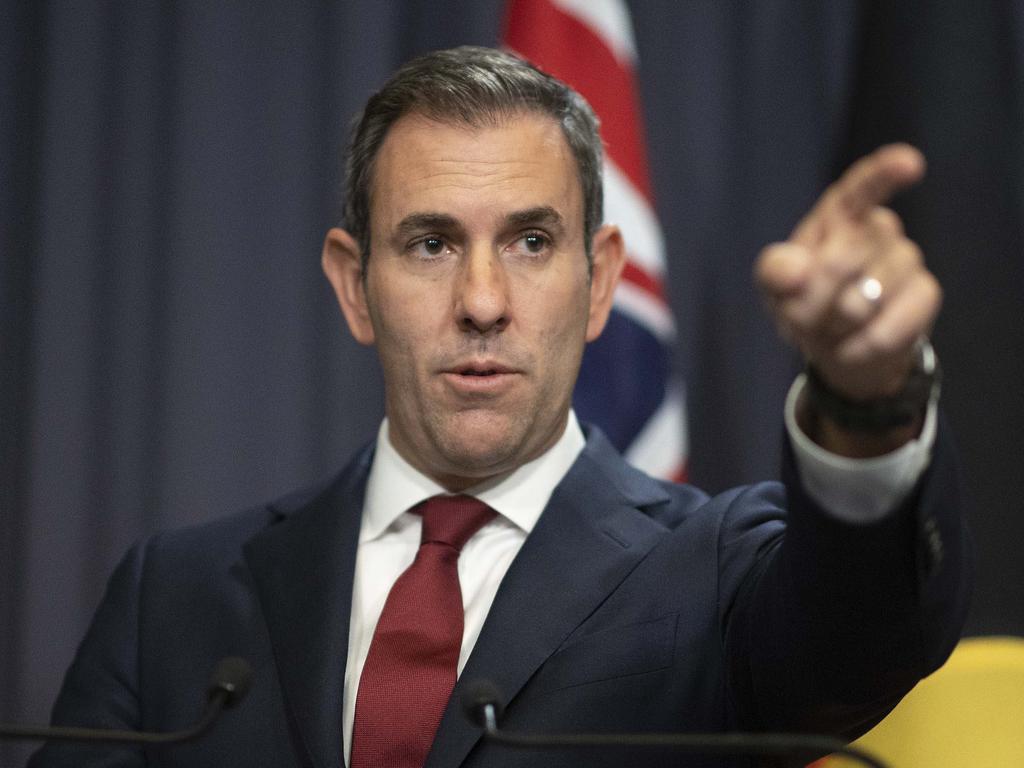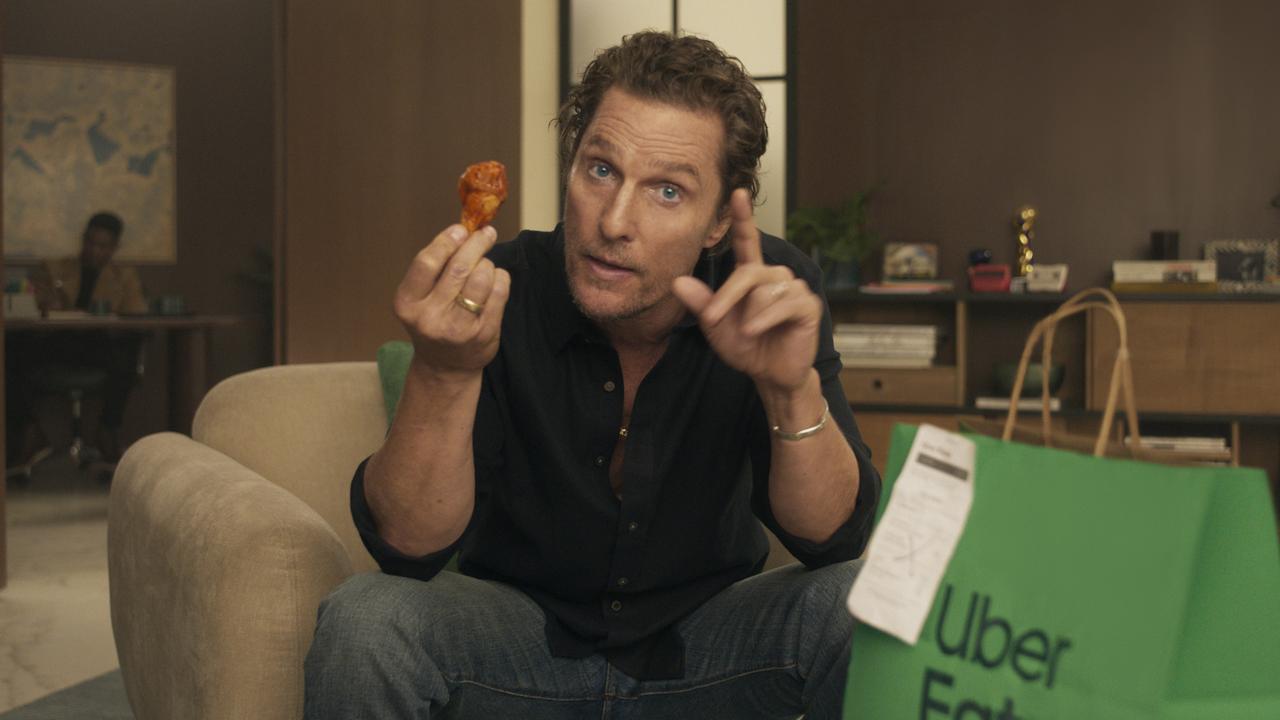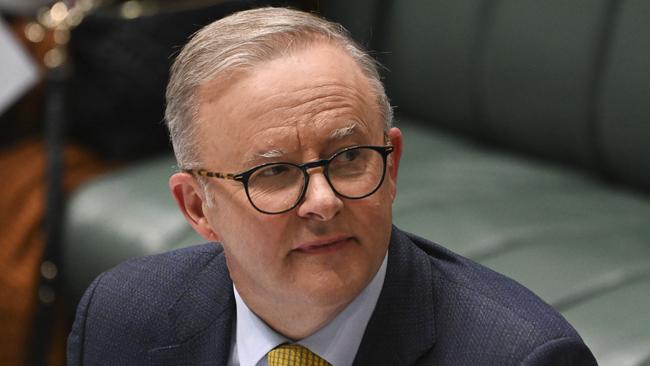
While Prime Minister Anthony Albanese and Treasurer Jim Chalmers insist they have modelled themselves on the reforming Hawke and Keating Labor governments of the 1980s and ’90s, their actions suggest otherwise.
Journalists accepting the Hawke-Keating analogy need to do some homework. Winning back government only eight years after the 1975 dismissal of Gough Whitlam, prime minister Bob Hawke and treasurer Paul Keating were determined in 1983 that they would prove Labor could be trusted to run an economically sensible government. Whitlam’s had been a shambles economically.
This was why Hawke and Keating maintained good relations with the business community and were able to extract wage restraint from the trade unions via the Accord. This restraint – in the national interest – was the polar opposite of the Albanese government’s changes allowing pattern bargaining in union wage negotiations.
Hawke and Keating would never have intervened in the national gas market the way Albanese did last year. This column argued on December 18 that new gas price regulations and a cave-in to demands from Greens leader Adam Bandt to the idea of forcing households to move from gas to electricity in household appliances was far more Whitlam than Hawke-Keating.
On a range of policies, Albanese is running a government more like the failed Labor terms of Kevin Rudd, Julia Gillard and Whitlam than anything resembling the Hawke and Keating governments.
Shaun Carney argued in the Nine-owned mastheads on Thursday that Albanese’s senior ministers had learned the lessons of the failure of the Rudd and Gillard Labor governments of 2007-13. That’s if you believe those two governments failed only because of internal rivalry between Gillard and Rudd.
On the important policy issues former opposition leader Tony Abbott used to tear down Rudd and Gillard – stopping the boats, axing the carbon tax and repairing the deficit – Albanese and his team give the strong impression they believe they got most things right in the Rudd-Gillard years. In fact on some issues – banning a central Queensland coal proposal and tinkering with dividend franking credits – the government seems not to have learned the lessons of the failed 2019 Labor campaign by Bill Shorten.
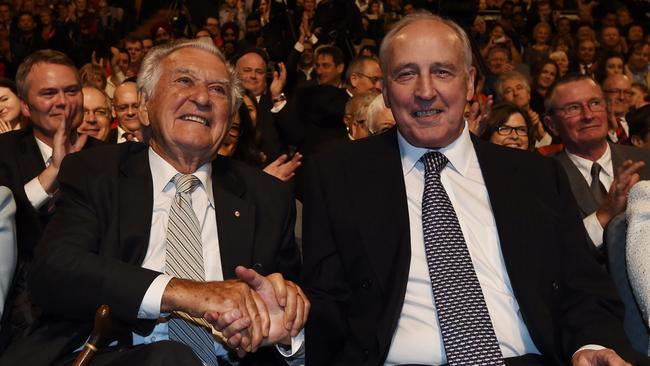
Reflect on how Albanese has already removed Temporary Protection Visas, accelerated the nation’s move to renewable energy and allowed his ministers to attack Reserve Bank governor Philip Lowe over interest rate rises to rein in inflation.
ABC 7.30 political editor Laura Tingle last Tuesday seemed sceptical the TPV decision would have any effect on refugee flows. That looked silly by Thursday morning when this newspaper led page one with Senate testimony revealing the navy had already been asked to step up patrols in case the asylum-seeker boats did restart.
It’s easy to sympathise with the plight of refugees stuck in limbo for over a decade, and to have some praise for the government for resolving that issue when the Abbott, Turnbull and Morrison governments could not in nine years. Yet the removal of TPVs altogether may well restart a trade that brought 50,000 people here by boat after Rudd flipped former prime minister John Howard’s Pacific Solution. That decision cost 1200 lives lost at sea.
Vice Chief of the Defence Force, Vice Admiral David Johnston, told Senate estimates on Tuesday night that navy surge support had been in place for the past few weeks at the request of Australian Border Force. This confirmed revelations here on Monday and by Sky News host Peta Credlin the previous Friday that the government had in fact been warned TPVs were a critical piece of the success of Operation Sovereign Borders. No journalist can know whether the TPV decision will prove to be a mistake. But at the very least we know Australian Border Force fears that possibility.
More damning of political and media standards has been the childish reporting of the RBA’s tightening of monetary policy and ham-fisted attempts to bully Lowe by Chalmers and Assistant Treasurer Stephen Jones.
Remember how Keating, the man Chalmers discussed in his political science PhD, handled the extreme monetary tightening of the late 1980s and early ‘90s. That’s when RBA rates went to 17.5 per cent, compared with 3.35 per cent today. Keating did not criticise then RBA governor Bernie Fraser but took the economic slowdown – triggered by the central bank’s tightening – head-on. He said in November 1990: “This is a recession that Australia had to have.” He argued the country had to defeat inflation.
Editors and executive producers who have their reporters hounding Lowe are ignorant. The governor does not make interest rate decisions alone but with a board appointed by government. Lowe was correct in his Senate estimates testimony last Wednesday when he warned unchecked inflation would be far more dangerous to households than the nine rate rises of the past year.
Lowe made a mistake a year ago when he said interest rates would be flat until 2024. But he is doing the right thing now. The economy’s real problem is Covid lockdown overspending by state and federal governments since 2020, and the excessive policy easing the RBA was forced to undertake to keep the economy alive as governments deliberately closed businesses.
Labor has been shameless on this. Remember Chalmers in fact criticised the Morrison government for winding back JobKeeper spending: today’s inflation problem would likely have been worse under that prescription.
Rather than write about taming global capitalism, Chalmers should be reflecting on how Keating would explain all this to the media and the electorate. Chalmers’s 6000-word Christmas essay was not even original. In 1998, Labor opposition leader Mark Latham penned a treatise titled “Civilising Global Capital”.
Rudd and his treasurer, Wayne Swan, followed Latham. Rudd wrote as opposition leader in 2006 about German Nazi resistance hero Dietrich Bonhoeffer and Swan in 2012 about Bruce Springsteen. Both were claiming Labor offered a morally superior brand of capitalism.
Here lie the real policy roots of Albanese and Chalmers. Albanese, a long-time Sydney left faction leader, had been a star of left-wing student politics before becoming NSW Labor assistant secretary in 1989. He went on to be deputy PM under Rudd, has remained loyal to the Queenslander and appointed him US ambassador. Chalmers, a fellow Queenslander, was chief of staff to Swan. Those who understand the politics of the former Goss government in Queensland know Wayne Goss as premier, Rudd as his head of the Office of Cabinet and Swan as state Labor secretary were never fans of Keating. They thought him too hardline on economic reform, especially national competition policy.
Albanese, like Rudd, is dodging hard reforms, preferring to talk about social issues and accuse critics of the voice or defenders of religious schools of being culture warriors.
Young journalists and rich teals voters may be impressed that Albanese is walking in the Mardi Gras next Saturday. But the mortgage belt will care more about the cost of living.
The real point of the Hawke-Keating reform era was to lift national productivity to create 30 years of uninterrupted economic growth. Albanese, Chalmers and the media should talk about that.



